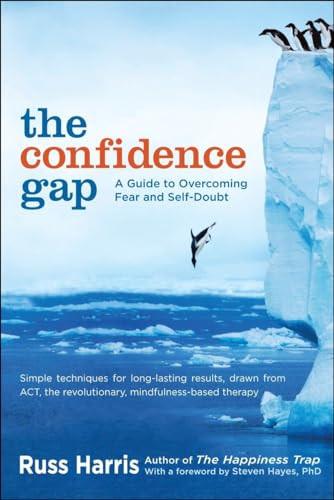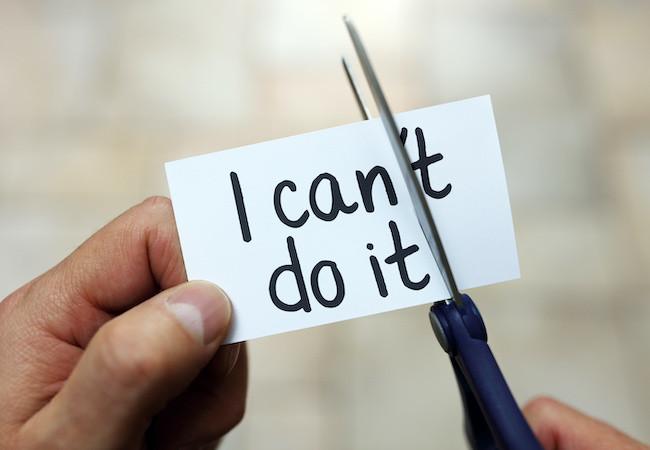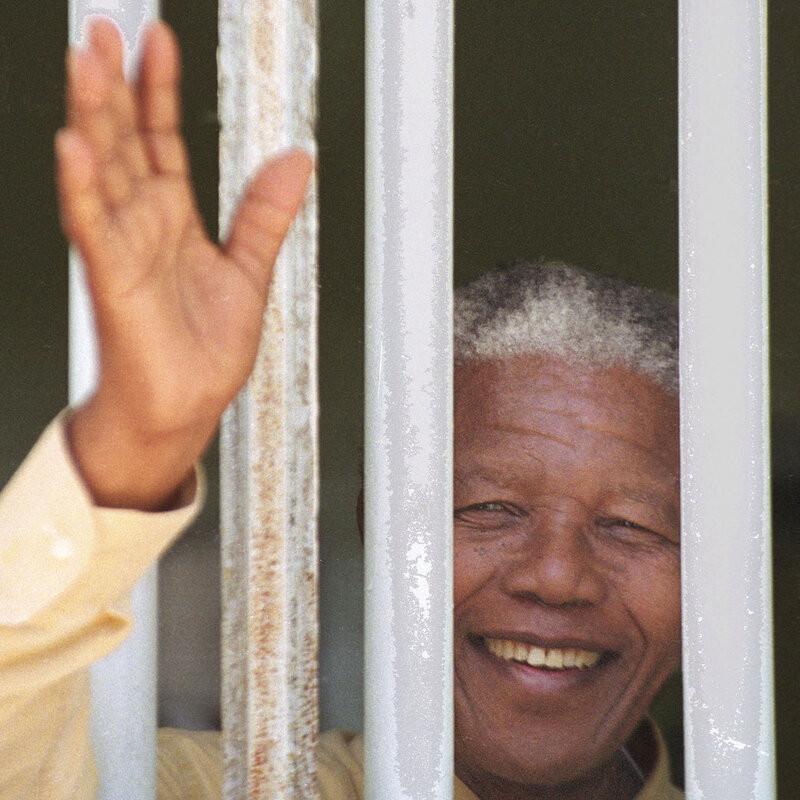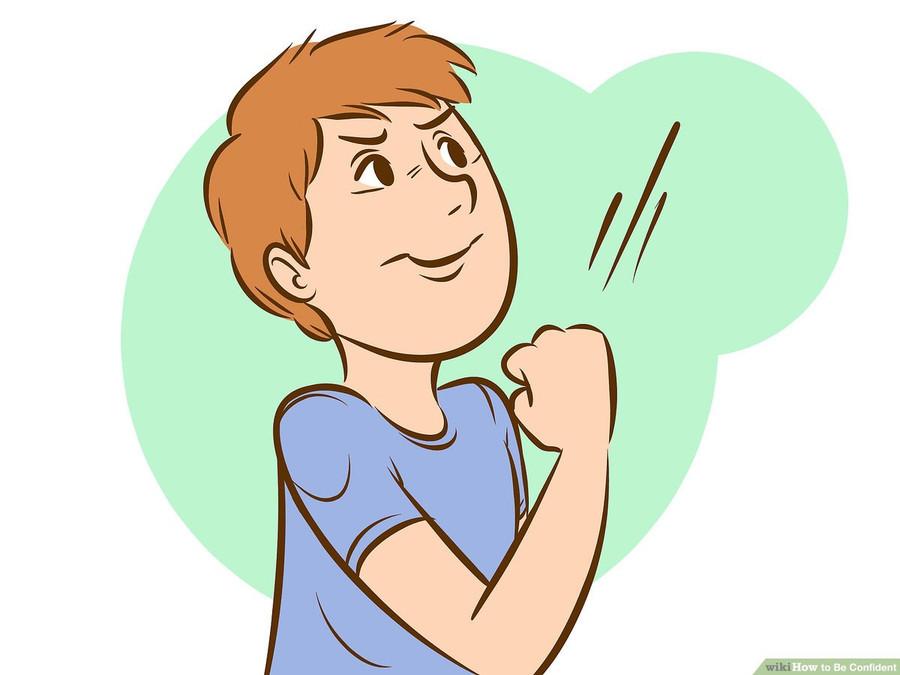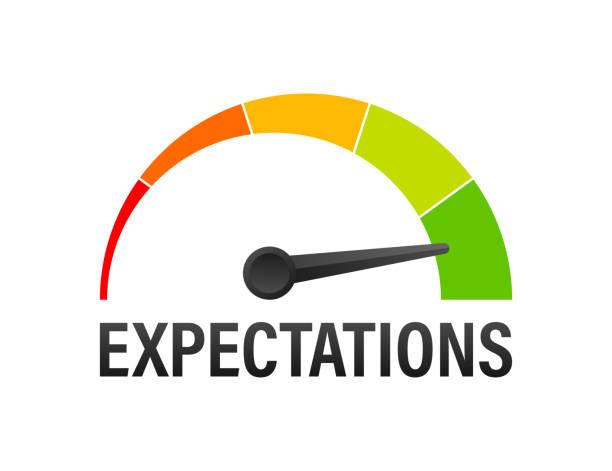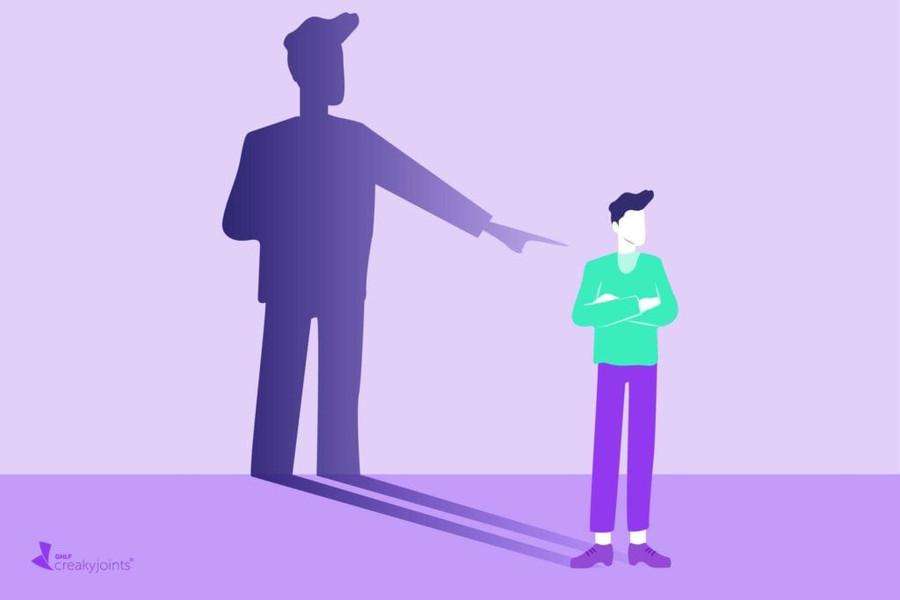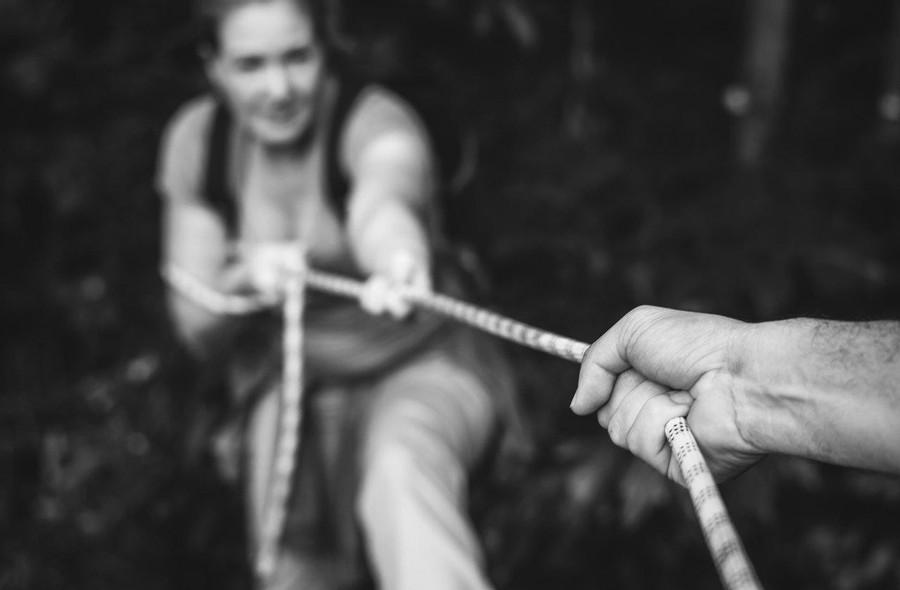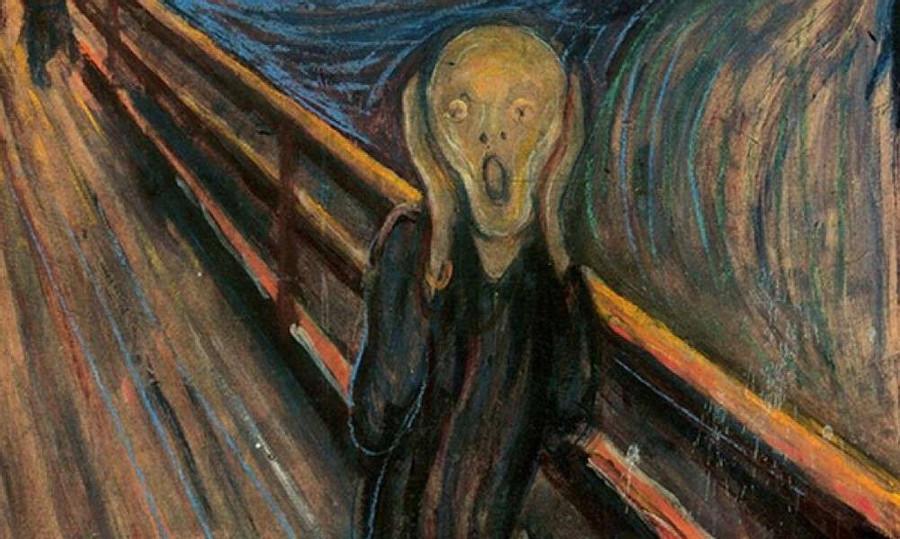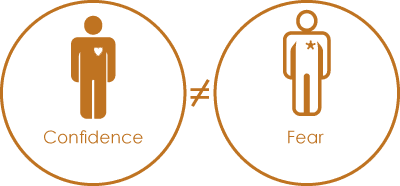Explore the World's Best Ideas
Join today and uncover 100+ curated journeys from 50+ topics. Unlock access to our mobile app with extensive features.
In a world where you had unlimited confidence
- How would you behave differently?
- How would you walk and talk differently?
- How would you play, work, and perform differently?
- How would you treat others differently: your friends, relatives, partner, parents, children, and work colleagues?
- How would you treat yourself differently?
- How would you treat your body?
- How would you talk to yourself?
118
1.85K reads
CONFIDENCE: TWO DEFINITIONS
1. A feeling of certainty or assurance
The first definition of confidence - a feeling of certainty or assurance is by far the most widely used. Most people think of self-confidence as a powerful feeling of certainty or assurance: a sense of being cool and at ease; an absolute belief that you will perform well and achieve a positive outcome; an absence of fear and anxiety; a lack of self-doubt or insecurity; and an absence of negative thoughts about mishaps or failure.
103
1.45K reads
CONFIDENCE: TWO DEFINITIONS
2. An act of trust or reliance
The second definition is used far less commonly. In this definition, confidence is not a feeling, but an action; it is 'an act of trust or reliance'. The word 'confidence' is derived from the Latin words 'com' meaning 'with', and 'fidere', meaning 'to trust'. When we trust or rely on someone, whether ourselves or others, we rarely have feelings of absolute certainty or assurance. In fact, the more there is at stake, the more we have feelings of fear and anxiety, and thoughts about what might go wrong.
106
1.23K reads
Nelson Mandela
Few individuals have inspired people like Nelson Mandela. He stood for justice, freedom, and equality in the face of incredible odds. He risked his life over and over, opposing the brutally oppressive apartheid regime of South Africa.
But when the South African authorities did eventually capture him, they sentenced him to twenty-seven years in jail, the first eighteen in the atrocious prison on Robben Island.
Many men would have crumbled, living year after year in that hell. But not Mandela. He never gave up on his cause.
91
1.12K reads
'OF COURSE I WAS AFRAID!'
When others saw Mandela walking through the grounds, holding himself proud and erect, their spirits soared. As Stengel puts it, the sight 'was enough to keep them going for days'.
When Mandela strolled confidently across the prison courtyard, was that an example of 'confidence, the feeling' or 'confidence, the action'? Obviously, it was the latter. He was not feeling calm, assured, and certain.
He trusted himself to walk in an 'upright and proud' manner, even though he was feeling terrified. He did not eliminate his fear. It was learning to overcome his fear.
101
1.04K reads
BACK TO THE GAP
Is your mind getting annoyed or frustrated: 'Oh please, don't tell me he's going to go down the old "fake it till you make it" path? I've heard that one before!'? Or is it predicting the worst: 'Oh no. He's going to tell me I just have to put up with these feelings of anxiety, grit my teeth, and force myself to do it!'?
If your mind is telling you something like the above, that's perfectly normal and only to be expected; as we shall see later, the human mind has a natural tendency to predict the worst.
94
968 reads
CONFIDENCE
'You can't fake confidence, earn it', he says. And in his opinion, there's only one way to do that: 'You have to do the work. This is a key point. If we want to do anything with confidence: speak, paint, make love, play tennis or socialize, then we have to do the work. We have to practice the skills over and over until they come naturally. If we don't have adequate skills to do the things we want to do, we can't expect to feel confident.
110
925 reads
PRACTICE
Of course, it's very easy to say all this, but it's not so easy to do in real life. Why not? Because to develop and practice skills requires time and effort, and our minds usually give us many reasons not to do it: 'It's too hard', 'I'm too busy', 'I'm not in the mood' 'I've got no motivation', 'I can't do it', 'I've got no discipline', There's no point trying because I'll be no good at it and so on. When we get caught up in these thoughts, it's all too easy to give up - especially if we're afraid of making mistakes, or we're not feeling too good, or our progress is slower than we'd like.
98
807 reads
EXCESSIVE EXPECTATIONS
Do you have a mind that is never satisfied? Is it like a little fascist dictator inside your head, always demanding more? If so, you can easily become fearful of making mistakes, and very self-critical if you don't meet your own expectations. This is commonly known as 'perfectionism'. All of us, if we're honest, get caught up in this way of thinking. And there's nothing abnormal in that; the human mind is rarely satisfied for long and is usually quick to find fault and insist on more.
99
801 reads
HARSH SELF-JUDGEMENT
Does your mind undermine you?
Does it tell you that you don't have what it takes, or that you're no good at what you're doing?
Does it claim that any moment now you're going to screw it all up?
Do you ever suffer from 'impostor syndrome', where your mind convinces you that you're not really competent, you don't know what you're doing, and you've got away with it so far, but at any moment you will be found out as a fraud?
If you answer yes to any of these questions, then that shows you have a normal human mind.
95
764 reads
SURPISED?
Are you surprised to hear that?
Most people are because we've all been brainwashed about positive thinking. But the fact is, the human mind is not naturally positive.
Eastern models of psychology such as Zen, yoga, and the Tao have recognized for thousands of years that the normal human mind has a natural tendency to judge and criticize, to find the negative and predict the worst; to tell us scary stories about the future and dredge up painful memories from the past. In the West, we have somehow failed to see that this is the norm; this is what normal minds naturally do.
99
756 reads
FEAR IS A SIGN OF WEAKNESS
Do you buy into this idea? Then let me quote you a couple of people whom you could hardly call 'weak': legendary long-distance cyclist Lance Armstrong, one of the greatest athletes of all time; and blockbuster movie star Hugh Jackman, whose rippling muscles cause both men and women to swoon.
'I fear failure. I have a huge phobia around failure.' - Lance Armstrong
'I've always felt that if you back down from a fear, the ghost of that fear never goes away. It diminishes people. So I've always said "yes" to the thing I'm most scared about.' - Hugh Jackman
103
762 reads
FEAR HOLDS YOU BACK
This is really a variant of the last two myths. The story is that fear somehow holds you back from achieving what you want in life. Luckily, this isn't the case. What holds you back is not fear, but your attitude towards it. The tighter you hold on to the attitude that fear is something bad and you can't do the things you want until it goes away, the more stuck you will be.
The danger lies in refusing to face the fear, in not daring to come to grips with it.
108
709 reads
CONFIDENCE IS THE ABSENCE OF FEAR
The story goes confident people don't feel anxious or afraid. This is simply not so. Back to the first two myths. The fact is, in a challenging situation, even the most confident people on the planet experience fear. However, when you know how to handle it effectively, it does not destroy your confidence. This gives us the second rule of the confidence game:
Genuine confidence is not the absence of fear; it is a transformed relationship with fear.
109
712 reads
'Master, how do I find the greatest Zen master in the entire land?'
The head monk scratches his head and thinks for a moment. Then he says:
'Find the man who tells you he has eliminated all negative thoughts. And if you find such a man, you'll know that's not who you're looking for.'
101
816 reads
IDEAS CURATED BY
CURATOR'S NOTE
Just a small chunk of what I've extracted so far. Interesting ideas though. This is the first part, I'll come with the rest later.
“
Mihai-Sebastian Ioniță's ideas are part of this journey:
Learn more about books with this collection
How to handle and learn from mistakes
The benefits of psychological safety in a workplace
The importance of empathy and active listening
Related collections
Discover Key Ideas from Books on Similar Topics
7 ideas
Mind and Emotions
Matthew McKay
7 ideas
Insight
Tasha Eurich
11 ideas
Art Therapy Techniques and Applications
Susan I. Buchalter
Read & Learn
20x Faster
without
deepstash
with
deepstash
with
deepstash
Personalized microlearning
—
100+ Learning Journeys
—
Access to 200,000+ ideas
—
Access to the mobile app
—
Unlimited idea saving
—
—
Unlimited history
—
—
Unlimited listening to ideas
—
—
Downloading & offline access
—
—
Supercharge your mind with one idea per day
Enter your email and spend 1 minute every day to learn something new.
I agree to receive email updates
